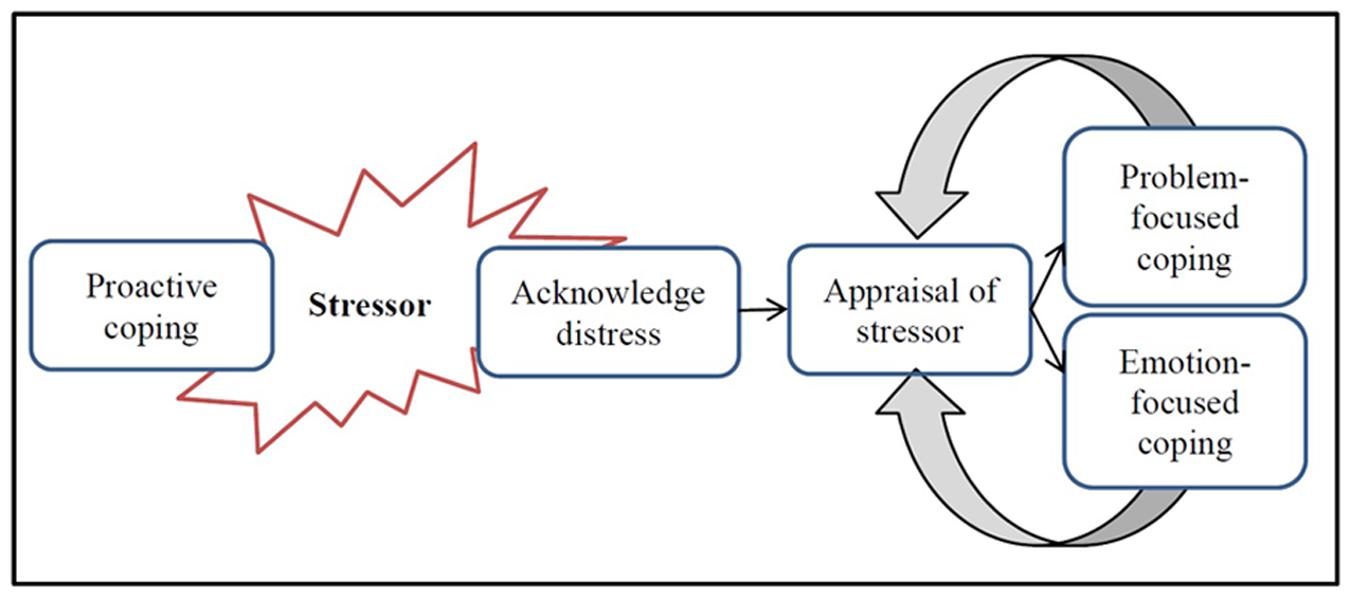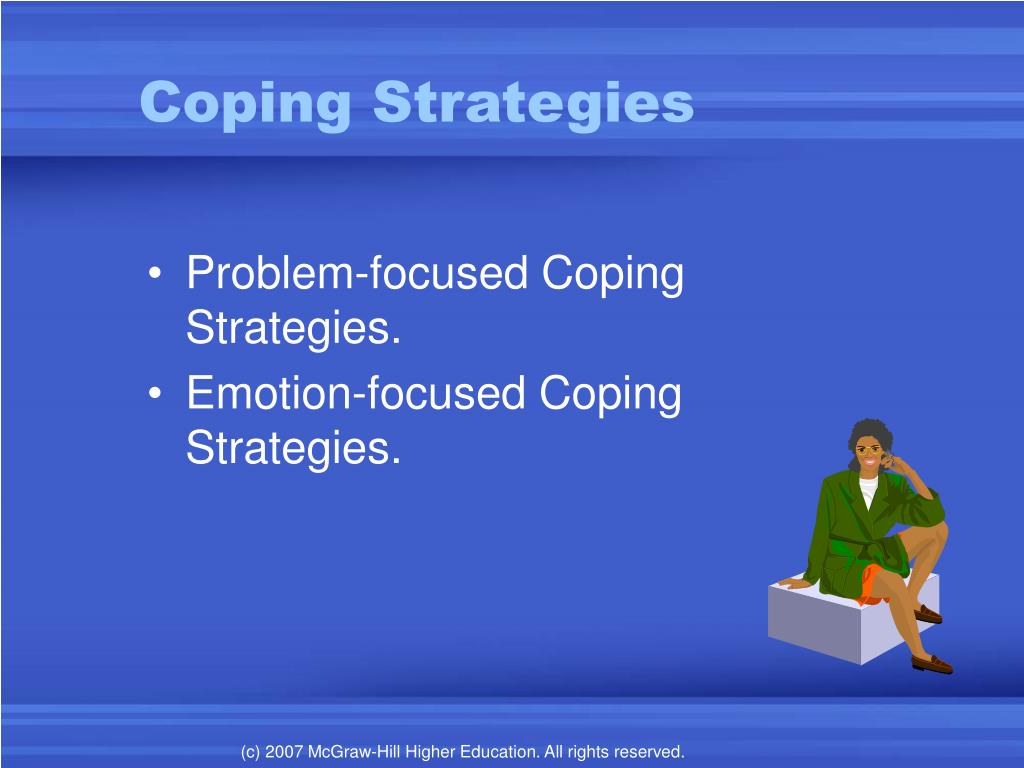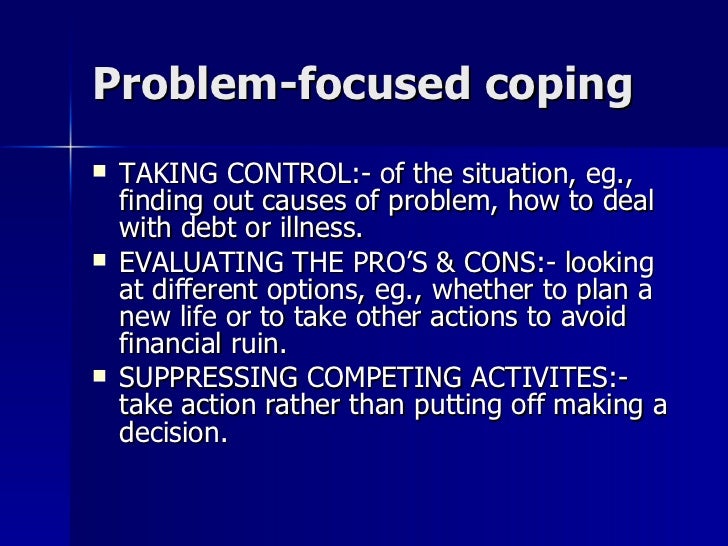
However, some researchers have studied connections between coping and mental health problems closely related to stress (e.g. Numerous studies have shown a tendency for females to use more emotion-focused coping whereas males use more problem focused coping (6) When it comes to the study of teenagers and stress, however, there is “…limited research about what may affect adolescents’ perceptions of stressors from school, how they cope with such stressors, and how this differs from a gender perspective.” (7) Most of the research has been on adults. heart disease) compared to those using problem-focused coping (5).Ĭoping strategies could explain gender differences in levels of perceived stress. Similarly, people who use emotion-focused coping are more at risk for stress-related illnesses (e.g. The general consensus among psychologists is that problem-focused coping is the more effective coping strategy because it’s consistently associated with lower stress levels and better mental health (4). Examples include withdrawal, letting out anger and frustration, emotional support seeking, distractions, rumination, and resignation acceptance (accepting the problem will always exist).

If you are trying to reduce, eliminate, or simply tolerate your emotional response to a stressor, then you’re using emotion-focused coping. (3)Įmotion-focused coping is when you try to deal with your emotional response to the stressor. For example, planning, problem-solving, or removing the stressor altogether are examples of problem focused coping. If you adapt a strategy to try to deal with the stressor directly, you’re using problem-focused coping.


Problem-focused coping strategies aim to change or eliminate a stressor. This post is written with content adapted from our Student’s Guide to Stress for IB Health Psychology.


 0 kommentar(er)
0 kommentar(er)
